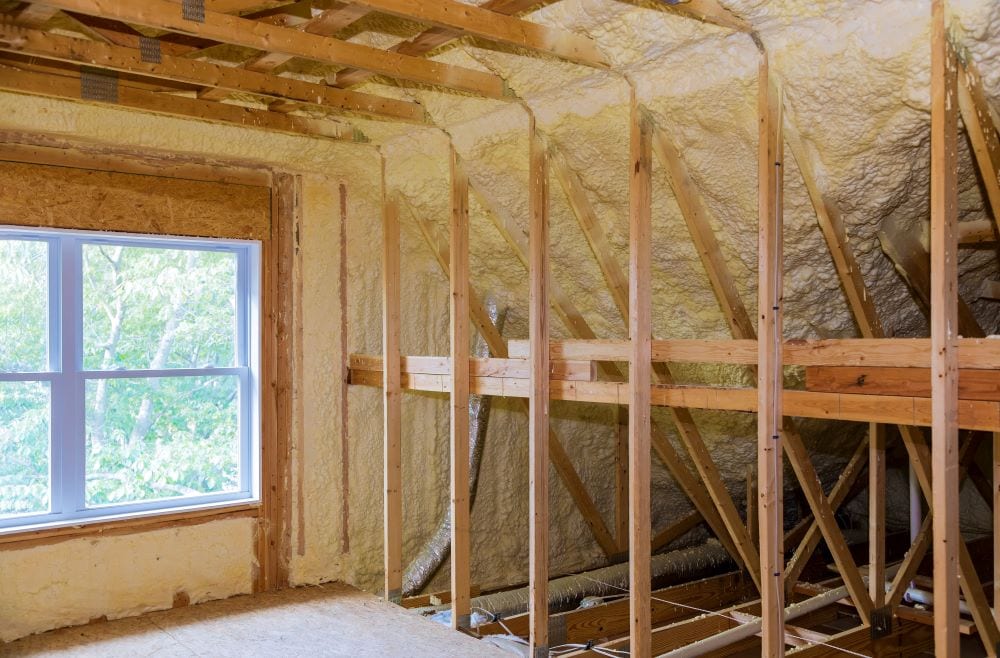It’s very easy to forget about your attic insulation. Many homeowners will promptly forget about it once the initial home inspection has been completed. While it’s true that attic insulation that lives in ideal conditions has a very long life expectancy, it’s also true that as it ages, it can undergo many changes.
Depending on the type of attic insulation that’s installed, it may be compacting under its weight or could even be facing damage as the result of pest infestation or water damage. Every once in a while, the damage could be caused by it not having been installed properly in the first place.
In general, it’s a good idea to have an attic inspection service like Attic Projects come out and take a look at your attic insulation annually. A pro can check to make sure that insulation is functioning as it should. Properly functioning insulation could save you big money when it comes to energy costs!
What are the key things to know about my home’s insulation?
The first and most critical thing to know is where the insulation is actually in your home. In most cases, the majority of the insulation will be in attic areas. An inspector will usually start there, especially in older homes. In newer homes, crawl spaces are also a great place to look for insulation.
Then, the type of insulation that’s installed makes a big difference. You can find a wide variety of attic insulation materials, including cellulose, fiberglass, and Rockwool. Fiberglass is usually brightly colored and looks like cotton batting. Cellulose insulation is generally installed via spraying and is made from recycled paper products, with a grey and fibrous appearance. Rockwool can have a pebbly, lumpy appearance and is often the loose-fill you’ll find in older homes.
Finally, a thorough understanding of the potential problems that can cause attic insulation to deteriorate is key to determining its effectiveness. A common issue inspectors find is that the insulation levels are too low. This is an issue that can develop over time as insulation settles.
Another common problem to keep an eye out for is the presence of moisture or water leaks. Not only will mold and mildew start to grow in wet areas, but moisture can dramatically reduce the effectiveness of insulation. A professional inspector will check for dirty or discolored attic insulation and pay extra attention to insulation near fans, vents, chimneys, or other areas of your attic that are exposed to the elements.
Who should I call to make sure my attic insulation is in good shape?
It’s best that you have your attic insulation inspected annually by a certified attic insulation inspection service like Attic Projects. Once you understand the important role that insulation plays in your home, you’ll know that it’s worth the cost in the long run.
Making sure that your home is safely sealed is a critical step in saving you money in energy costs and making sure that the air is healthy. Give us a call today to see how we can help!




